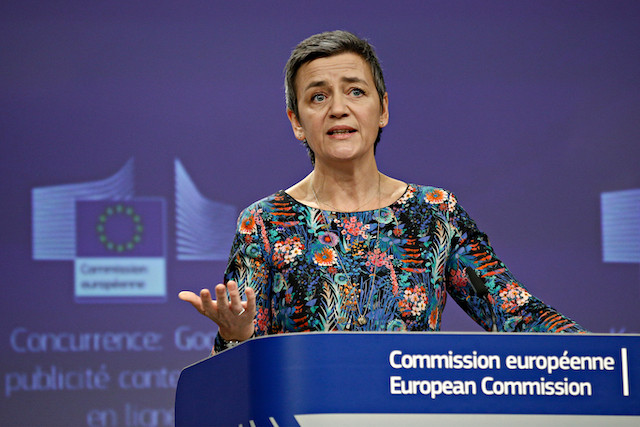Mid-July, the Commission’s order that the tech giant pay €13b in back taxes to the Irish state was quashed because Brussels had not demonstrated to the “requisite standards” that Irish tax officials gave Apple unfair economic advantages.
Judges agreed with the commission that Irish tax officials did not follow international best practices, such as the OECD’s arm’s length principle. However, the court said the commission “incorrectly concluded” that Apple’s North and South American licensing revenue should have been allocated to its Irish unit.
2016 order
The order dates back to 2016 when the European Commission said two tax rulings amounted to illegal state aid. Both Apple and the Irish government appealed to the EU General Court, which combined the appeals into a single procedure.
In a statement issued on Friday, executive vice-president Margrethe Vestager said that “in its judgment the General Court has made a number of errors of law. For this reason, the Commission is bringing this matter before the European Court of Justice.
“Making sure that all companies, big and small, pay their fair share of tax remains a top priority for the Commission. The General Court has repeatedly confirmed the principle that, while member states have competence in determining their taxation laws, they must do so in respect of EU law, including State aid rules.
“If member states give certain multinational companies tax advantages not available to their rivals, this harms fair competition in the European Union in breach of State aid rules.”
